 “Historically the male role has been seen to be one of protector and breadwinner. In many instances they have also served as the authority figure within a household. This is not ‘oppression,’ it is a core responsibility. These roles can be traced back to our ancient ancestors where men undertook the hazardous hunting of game to provide sustenance to the tribe. Without food the family would die and authority was automatically attached to the successful hunter as he earned the respect of his community. Such specialised roles were common across different cultures and nations and in many instances continue today, albeit in very different circumstances.
“Historically the male role has been seen to be one of protector and breadwinner. In many instances they have also served as the authority figure within a household. This is not ‘oppression,’ it is a core responsibility. These roles can be traced back to our ancient ancestors where men undertook the hazardous hunting of game to provide sustenance to the tribe. Without food the family would die and authority was automatically attached to the successful hunter as he earned the respect of his community. Such specialised roles were common across different cultures and nations and in many instances continue today, albeit in very different circumstances.
“Similarly, all cultures undertook that sons were trained by male role models in the skills that were required of manhood. In more modern times the role of the father continues to be as a guide for his children, especially to guide their sons in the ways of being a man, being a father, and the responsibilities that come with those roles.
“This responsibility continues today. Men have a different relationship with their children (particularly sons) than do women. Play between fathers and sons is generally more robust and competitive, their games more aggressive, often revolving around physical prowess.
“There is a strength and value that comes with this male heritage, a strength and value that benefits society even today. Although the particular tasks undertaken by men have changed over the centuries and millennia, all communities benefit from having uniquely male qualities which can be called upon when the circumstances require it. This male heritage contributes to a sense of identity among men. We can see how undermining this identity among young men today leads to a distorted, caricaturised, poorly developed and misguided sense of manhood. Strong, centred men will create strong and stable societies; the alternative is the moral chaos we see around us today.”
▪ Cory Bernardi, The Conservative Revolution (Connor Court, 2013) extract from pages 80 through to 81.
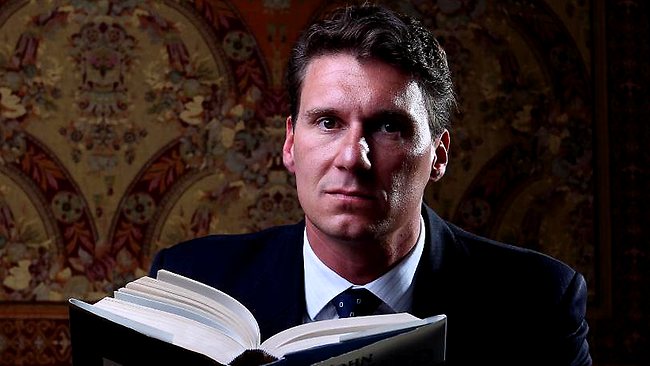
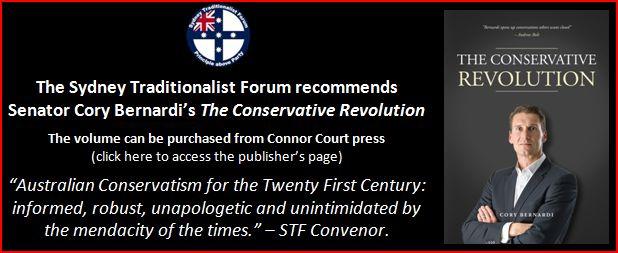

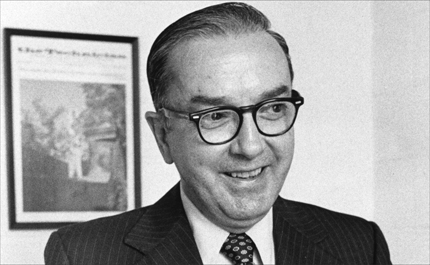
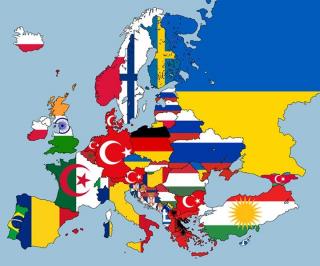
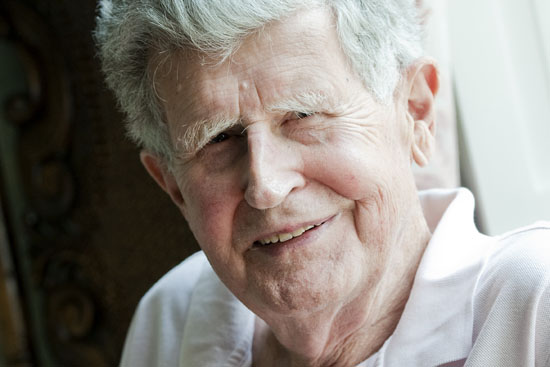
Be the first to comment on "Quote of the Week: Cory Bernardi, “The Conservative Revolution”"